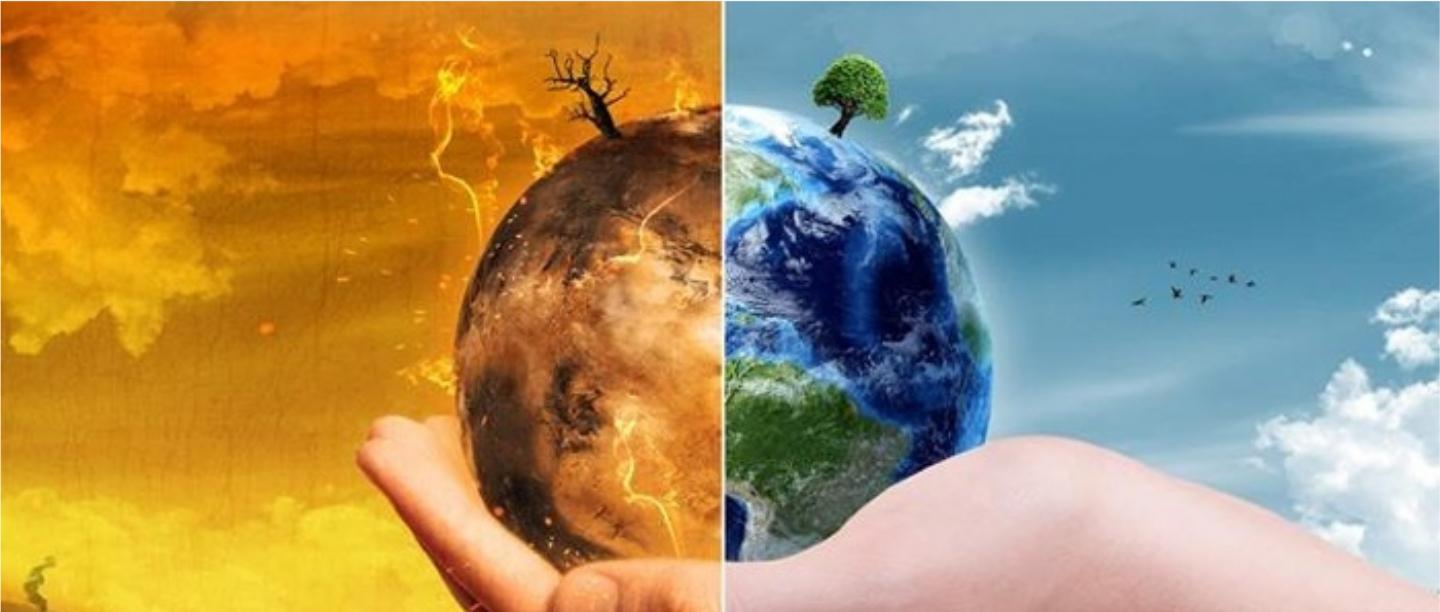“The ongoing sixth mass extinction may be the most serious environmental threat to the persistence of civilization because it is irreversible.”
I’ll give you a moment to read and re-read that until it sinks in. If you think coronavirus is the worst thing to happen to us, I’ve two words for you–mass extinction. ‘2020 is the worst year ever’, ‘2020 doesn’t count’, 2020 this, 2020 that, all these jokes and memes may have become a laughing stock on social media, but it’s not the only scary thing knocking at our doors. Earthquakes, cyclones, locust attacks are all nature’s cry for help to human beings because the sixth mass extinction is fast accelerating and it is all our fault. Not 2020s.
According to a study by Proceedings of the National Academy of Sciences (PNAS) dated June 1, the sixth mass extinction is human-caused and accelerating because of the still fast growth in human numbers and their consumption rates. Accelerating how? Well, more than 400 vertebrate animal species have been lost in the last 100 years, extinctions that would have taken up to 10,000 years in the normal course of evolution. That’s how fast we are moving towards our end.
The ongoing mass extinction is the result of the destruction of populations leading to eventual wipeout of the entire species. Take amphibians, for instance. The principal culprit in the disappearance of so many amphibians, including the golden toad, so rapidly is a chytrid fungus that sometimes spreads from place to place as a result of human activities, explains the study. Out of the 29,400 species of terrestrial vertebrates studied, 515 are on the brink of extinction with fewer than 1,000 individuals left. At the current acceleration, these are likely to be extinct soon. Approximately 173 species went extinct between 2001 and 2014 alone!
Furthermore, the study says that human pressures on the biosphere are growing rapidly and a recent example is the coronavirus outbreak linked to the wildlife trade.
“Although there have been five mass extinction episodes during the last 450 million years, each destroying 70 to 95% of the species of plants, animals, and microorganisms that existed earlier, life has recovered and multiplied extensively. In each case, it took millions of years to regain numbers of species,” says the study. Furthermore, “Those extinction events were caused by catastrophic alterations of the environment such as massive volcanic eruptions, depletion of oceanic oxygen, or collision with an asteroid.” This time, it’s human activities that make the ongoing sixth extinction permanent and irreversible.
These activities have all occurred since our ancestors existed some 11,000 years ago, true. But at that time, we numbered about 1 million people worldwide and now there are 7.7 billion of us (and still rapidly growing). “As our numbers have grown, humanity has come to pose an unprecedented threat to the vast majority of its living companions,” says Gerardo Ceballos, one of the authors of the study.
“Based on our research and what we’re seeing, the extinction crisis is so bad that whatever we do in the next 10 to 50 years is what will define the future of humanity,” said Ceballos to BBC News.
A recent United Nations report on biodiversity and ecosystem services estimates that a quarter of all species face extinction, many within decades. And when a species disappears, a wide range of characteristics is lost forever–from genes and interactions to phenotypes and behaviours. “Every time a species or population vanishes, Earth’s capability to maintain ecosystem services is eroded to a degree, depending on the species or population concerned,” explains the study. In simpler words, no specie can replace the other one in the ecosystem as everyone has its own role to play.

Terrestrial vertebrates on the brink
There is an “extreme urgency of taking massive global actions to save humanity’s crucial life-support systems,” says the study explaining how “species are links in ecosystems, and, as they fall out, the species they interact with are likely to go also”. It’s a domino effect–extinction breeds extinction.
“Among the possible actions, a global comprehensive binding agreement is required to address the extinction crisis, especially to tackle the legal and illegal trade in wild species. Such an agreement should be a mere first step in developing a 2020–2030 conservation agenda… It is imperative that wildlife trade for human consumption is considered a gigantic threat to both human health and wildlife conservation,” concludes the study emphasising a strict ban especially in China, Vietnam, Indonesia, and other countries in Asia. There is time, but the window of opportunity is almost closed.



